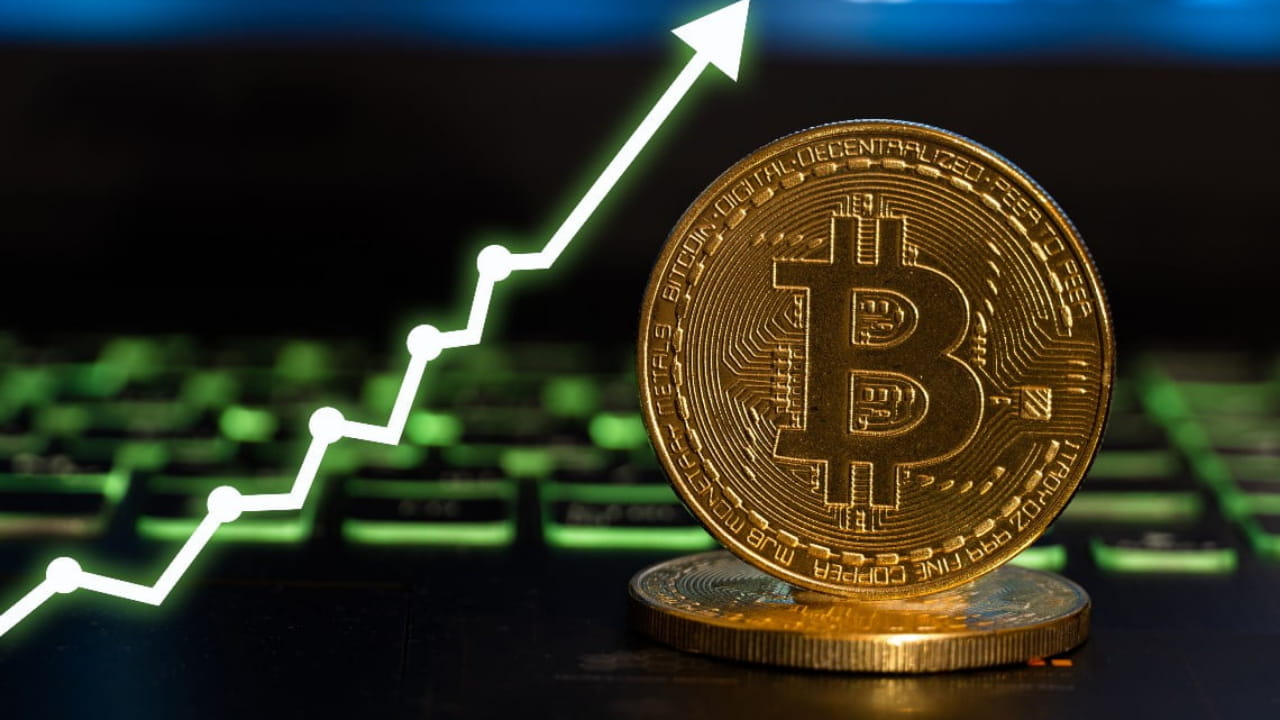Bitcoin Drops Amid Tariff Turmoil and Economic Uncertainty

Bitcoin price drops has suddenly and dramatically plunged to $81,000, a spectacular fall that has left the bitcoin community reeling. President Donald Trump declared a broad new round of tariffs, which shook world financial markets, and this recession followed. Dubbed the “Liberation Day” levies, the new tariffs caused broad sell-offs in conventional and digital assets, leaving many investors on edge as market volatility skyrocketed.
Bitcoin Faces Economic Downturn
The biggest and most well-known cryptocurrency, Bitcoin Price, dropped more than 12% upon learning the additional taxes. Rising questions regarding Bitcoin’s sensitivity to more general economic dynamics rapidly caused it to drop almost $94,000 below the crucial $82,000 threshold. Often considered as a counter against inflation, Bitcoin proved to be able to protect itself from the volatility engulfing the stock markets.

This decline in Bitcoin’s value fits a larger pattern in the Cryptocurrency Market. Following suit, many altcoins—including Ethereum, Binance Coin, and Solana—saw drops of 8% to 15%. Not spared were stocks connected to cryptocurrencies. Such as MicroStrategy and Coinbase, which show the larger influence of world economic changes on digital assets. Over six percent of the overall market capitalization of cryptocurrencies decreased within twenty-four hours, landing at about $2.6 trillion.
Though Bitcoin is known as a distributed asset, the quick drop in its price emphasizes its sensitivity to outside market events. The response to the tariff news also emphasizes how sensitive Bitcoin is to macroeconomic developments and investor mood, much like stocks.
Tariffs Trade Turmoil
President Trump’s declaration of new tariffs, meant to establish U.S. economic independence in the face of growing worldwide competition, set off this upheaval. These taxes are punitive, with a 54% rate on Chinese imports and 20% tariffs on European Union exports. Other nations, including the United Kingdom, Japan, and South Korea, also experience different rates. Investors were taken aback by this abrupt and unanticipated action, which caused general turmoil on the financial markets.
Many saw the tariffs as a reaction to growing worries about China’s increasing economic impact and allegedly unfair trade policies. However, with the possible reprisals from the impacted nations, the action has spurred concerns of a worldwide trade war. The instant reaction of the stock markets, which sank drastically in response to the tariff news, stoked these worries even further. The Dow Jones Industrial Average fell over 1,200 points, among its most significant single-day drops in years. Similar declines in the Nasdaq and S&P 500 indices resulted from the loss of value in technology companies such as Apple, Microsoft, and Amazon. The worldwide influence was evident as Asian and European markets fell as well.
Impact of Bitcoin’s Decline
Standard stock markets reflected the upheaval in Bitcoin. Shedding about 3.5% in a single trading session, the Dow Jones Industrial Average had one of its worst days in recent memory. The significant losses suffered by international companies depending on worldwide supply chains—including big players like Apple, Nike, and Boeing—partially motivated this as well.
Particularly robust in recent years, technology companies suffered the most from the sell-off. As trade conflicts grew, investors wondered about the long-term viability of businesses with significant worldwide operations. This more general market response made it abundantly evident that the economic uncertainty generated by the tariffs would probably affect consumers and companies.
Tariffs Bitcoin Volatility
New tariffs have changed investor mood from hope to worry. Widespread withdrawals from riskier assets, including cryptocurrency and tech stocks, in favour of steadier, conventional investments follow from the “risk-off” attitude. Bitcoin is sometimes considered a high-risk asset, so it is particularly vulnerable to variations in investor confidence.
Although Bitcoin is a consistent investment during times of economic uncertainty, its recent volatility has made it less tempting during market volatility. Although Bitcoin has experienced periods of significant expansion, analysts contend that more general financial trends—including stock market performance, interest rates, and geopolitical events like President Trump’s promised tariffs—often significantly impact its price swings.
Bitcoin’s Uncertain Future
The future of Bitcoin and other cryptocurrencies is yet unknown, with tariffs scheduled to remain in place for the foreseeable future and the risk of retaliatory actions from different nations. Experts caution that the uncertainty over world trade could cause further volatility, which could keep the price of Bitcoin on a downward path over the near term.

Although many supporters of cryptocurrencies still see Bitcoin as a means of inflation protection. Its recent behavior indicates that it is still closely entwined with more general financial markets. Should investor mood remain in favor of conventional assets, Bitcoin might be under constant pressure and risk more price falls.
Some analysts remain hopeful that Bitcoin may bounce back if world trade tensions relax or investors refocus on digital currencies as a long-term store of value. However, Bitcoin is still at the mercy of more general economic circumstances.
Final thoughts
The dramatic decline in Bitcoin’s price and the upheaval in the conventional stock market warn us of the frailty of world markets under uncertain times. Bitcoin and traditional assets are experiencing knock-on consequences as President Trump’s latest tariffs continue eroding investor confidence. Although the length of the present market volatility is unknown, investors in the following months will probably still pay close attention to geopolitics, trade, and bitcoin markets.




